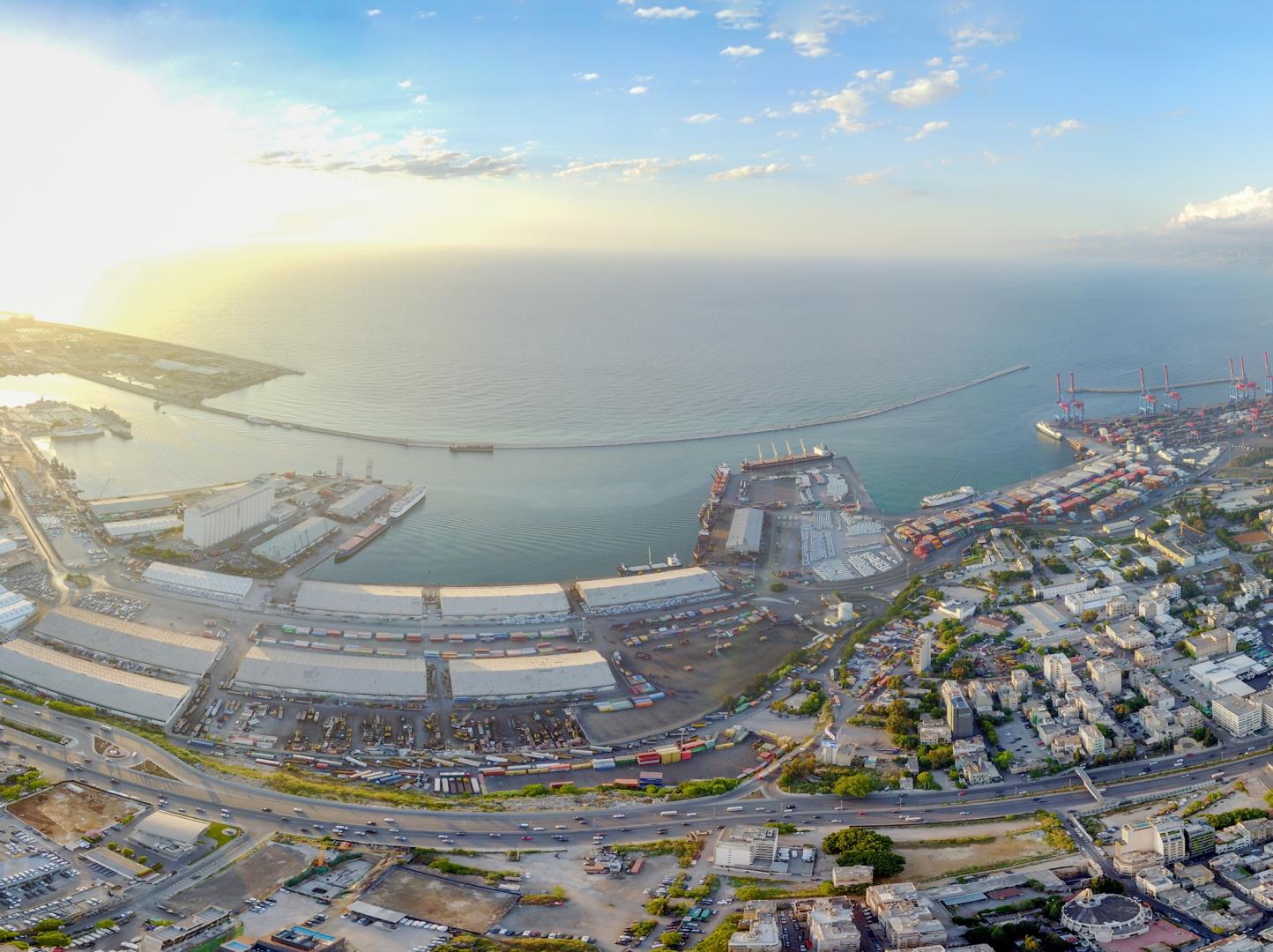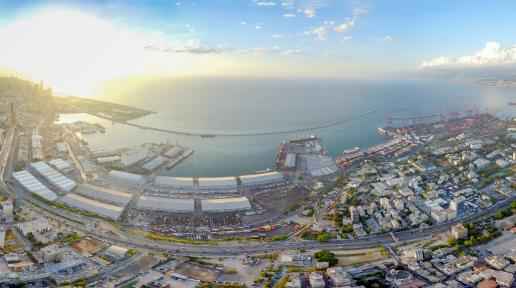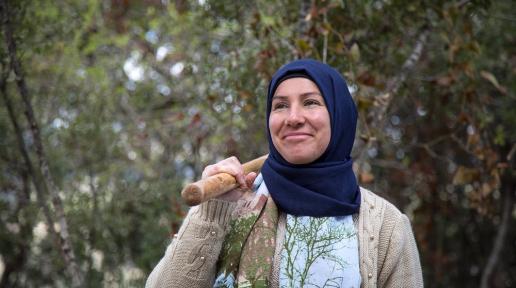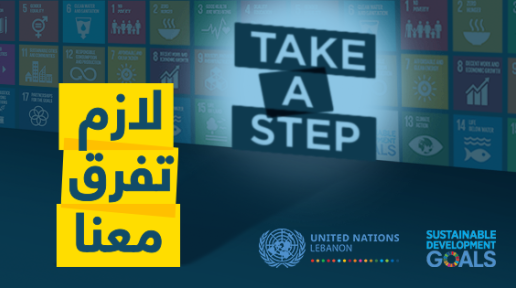Our Work
10 February 2021
Lebanon Reform, Recovery and Reconstruction Framework - 3RF
LEBANON REFORM, RECOVERY AND RECONSTRUCTION FRAMEWORK
The Reform, Recovery and Reconstruction Framework (3RF) is a unique and inclusive platform to respond to Lebanon’s national reform challenges and unlock investments in reconstruction. The 3RF is a collaborative and strategic partnership between the Government of Lebanon, the civil society and the international community.
Launched in December 2020, the 3RF was originally designed as a response plan to address the urgent needs of the population affected by the 4th of August Port of Beirut explosion and to implement much-needed reforms to support reconstruction and to help restore people’s trust in governmental institutions by improving governance.
Between 2021 and 2022, the 3RF focused on:
people-centered recovery, addressing the urgent needs of the people affected by the explosion; and
national initiative to focus on priority reforms and pave the way for reconstruction.
REFORMS AND RECONSTRUCTION
The people-centered recovery response ended in June 2022. Today, the 3RF looks beyond the scope of the Port of Beirut blast and focuses on inclusive policy dialogue and on the implementation of reforms and the long-term reconstruction of critical assets, services, and infrastructure, enabling sustainable economic recovery across all of Lebanon.
The Government of Lebanon committed to the priorities of the 3RF and has a leading role in passing and implementing much-needed reforms. Civil society organizations add their expertise and monitor progress.
The international community supports with its expertise and potentially with funding also through the prioritization of their interventions. Convening the full range of stakeholders brings together all the resources needed to make progress possible, including on the prior actions listed in the Staff-Level Agreement with the International Monetary Fund, which are fully aligned with the 3RF.
The 3RF has specific reform priorities, that were identified through an inclusive process led by the Government of Lebanon, civil society, and the international community. Progress on these reforms is essential in order to unlock investments in the reconstruction of critical assets, services and infrastructure.
FOR FURTHER INFORMATION ABOUT THE 3RF, ITS DIFFERENT SECTOR GROUPS, AND DIFFERENT BODIES, VISIT THE 3RF ENGLISH WEBSITE ON THIS LINK: https://www.lebanon3rf.org/





